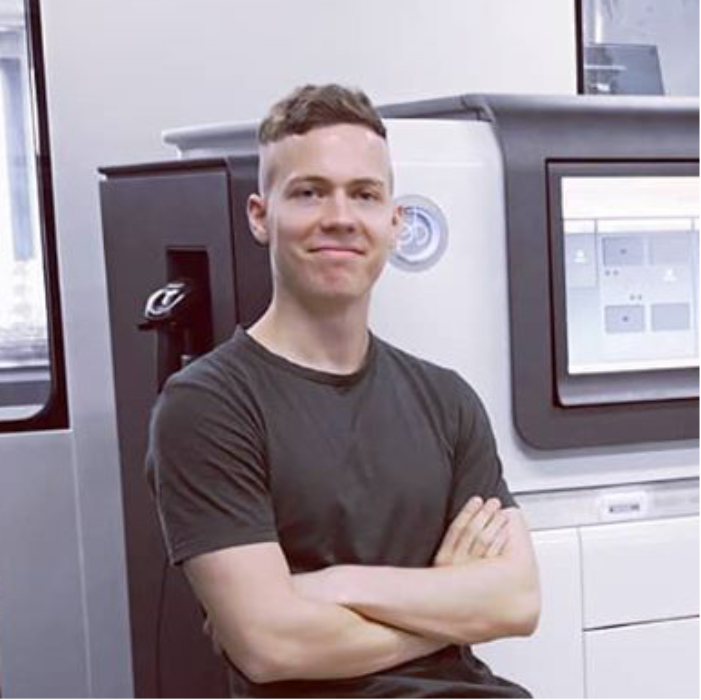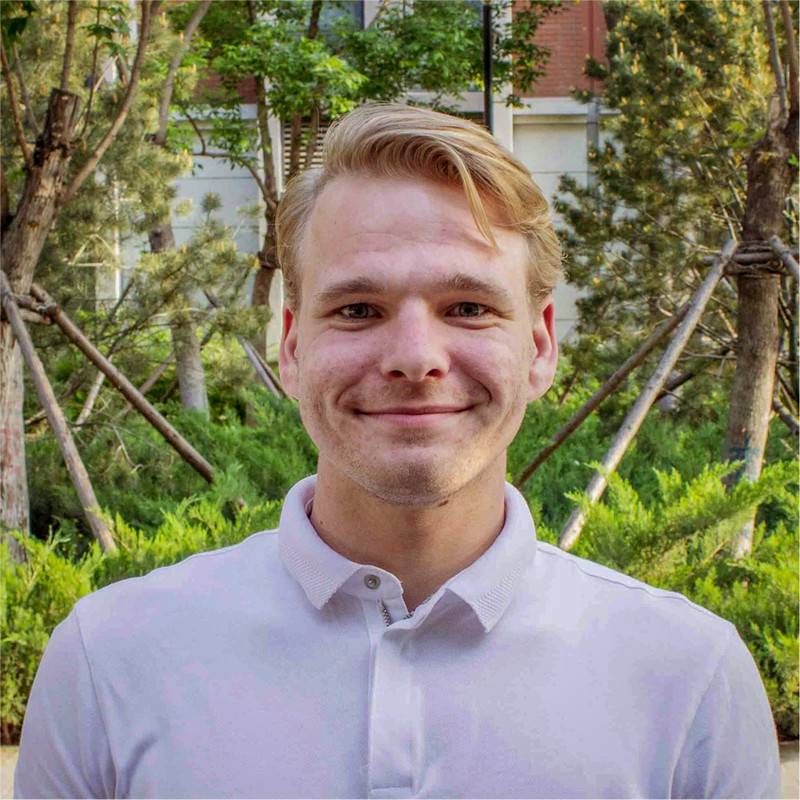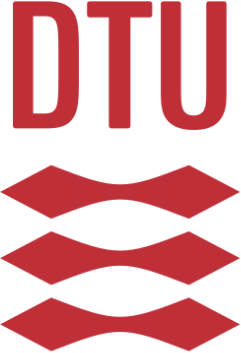About us
Biodatascience101 is an educational project dedicated to enabling practical use of fundamental biological data science analyses for industry professionals, students and academics.
Our aim is to provide an inspired teaching environment taught by academic and industry experts, the toolbox for fundamental workflows and the community needed to train new as well as current biological data scientists in their data-science driven collaborative research projects.
We believe that by focusing on fundamental workflows, working hands-on with scientific case data and closely with academic and industry experts, anyone aspiring to become a biological data scientist can accomplish their data-driven scientific goals.
The BioDataScience101 project was started in September 2019, led by Paolo Marcatili, Magnus Haraldson Høie and Andreas Fønss Møller.
Teaching committee:
-
Paolo Marcatili, PhD, Associate Professor

Paolo Marcatili is an associate professor at DTU Health tech and and computational biologist with extensive expertise within Structural Bioinformatics, Machine Learning, Immunological Bioinformatics and Immunotherapy. Paolo has a background in programming, robotics, control and systems theory, and a deep understanding of biology and immunology.





-
Magnus Haraldson Høie, PhD student

Magnus is a deep-learning and immunoinformatics PhD student at the Technical University of Denmark. He has previously published tools for protein secondary structure prediction (NetSurfP-3.0), B-cell epitope (DiscoTope-3.0, BepiPred-3.0) and T-cell receptor binding prediction.



-
Andreas Fønss Møller, PhD student

Andreas is a bioinformatician with extensive experience on single-cell RNA-sequencing and generative-adverserial networks. He currently works as a research assistant at the University of Southern Denmark.


-
Tobias Hegelund Olsen, PhD student

Tobias is an experienced bioinformatician specializing in immunoinformatics and machine learning. He is currently pursuing his PhD at the University of Oxford, where he is engaged in the design of therapeutic antibodies utilizing machine learning techniques.







